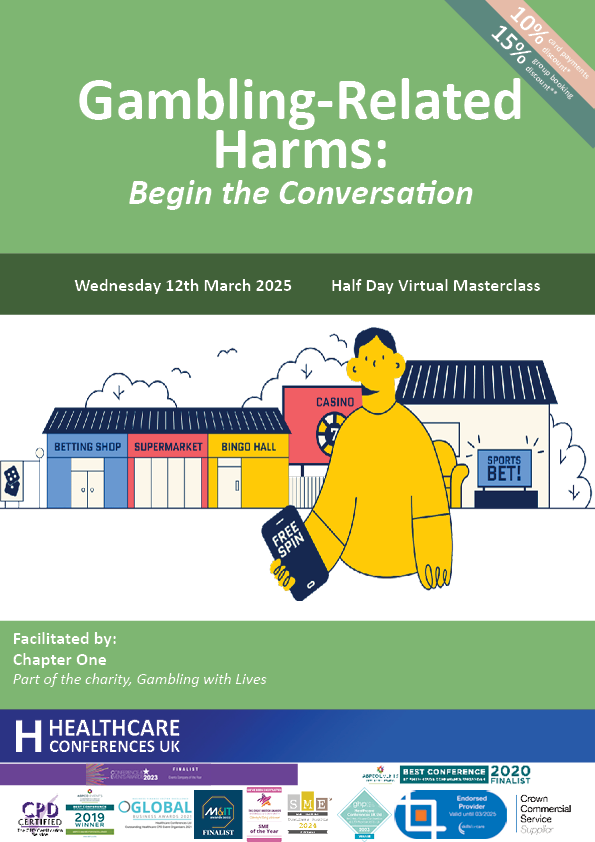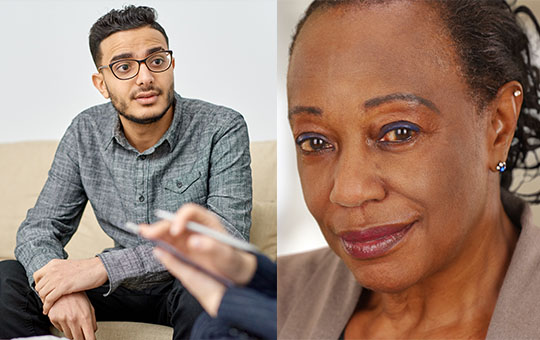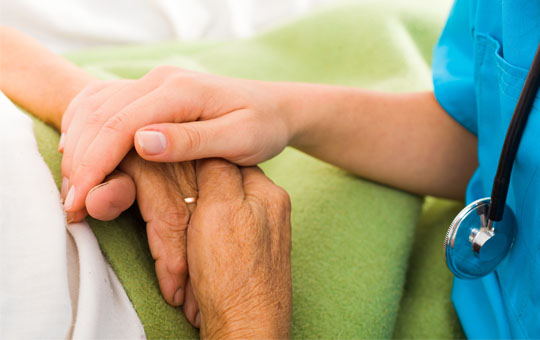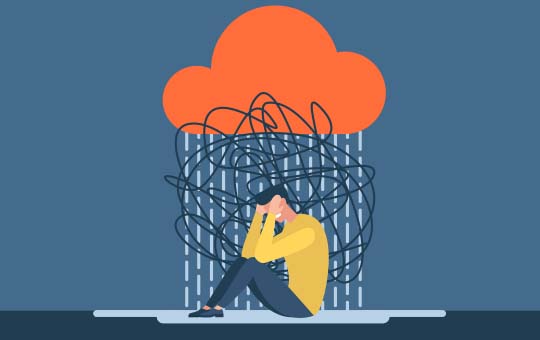The National Institute for Health and Care Excellence (NICE) has issued its final guideline on identifying, assessing, and managing gambling-related harms. The new recommendations advise healthcare professionals to ask patients about gambling during health checks and GP appointments, particularly when discussing smoking and alcohol use.
Professor Jonathan Benger, NICE’s Chief Medical Officer, emphasised the importance of early intervention:
“Gambling-related harm has a devastating impact on those who experience it, and the people close to them. Our useful and usable guideline will help healthcare professionals and others to identify those needing help earlier and ensure they get the treatment and support they need.”
The guidance highlights groups at higher risk, including individuals with mental health conditions, substance use disorders, and those on medications affecting impulse control.
Dr. Claire Fuller, National Clinical Director for Primary Care, welcomed the initiative:
“We welcome NICE’s decision as gambling can have a massive impact on people’s lives and the lives of the people that care for them, and as healthcare professionals, we need the right tools to help tackle gambling-related harms.”
The guideline aims to reduce stigma and ensure affected individuals receive appropriate support. Baroness Twycross, Minister for Gambling, reinforced this message:
“We welcome this guidance from NICE on identifying, assessing, and managing gambling-related harms, which will support those experiencing harmful gambling to get access to the right support.”
The full guideline is available on the NICE website.
Featured Event:
Gambling-Related Harms: Begin the Conversation

















